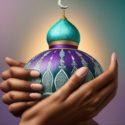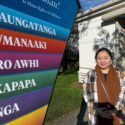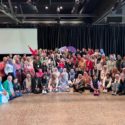In the 15 years since it was established under the auspices of King Tuheitia, E Tū Whānau has supported thousands of community-led kaupapa across the motu.
Many interact naturally to build strong communities where rangatahi from all walks of life can flourish.
The cross-cultural friendship between an 18-year-old Afghan teenager and her Māori and Pasifika girlfriends in Ōtara is an example. Their connection is strengthened by their involvement in Ōtara Youth Hub, which is also supported by E Tū Whānau.
Connection bridges the cultural divide
Once a week, 18-year-old Afghan nursing student Waila Michan Khel travels across Auckland to meet her bestie Ihapera Waru-Martin at McDonalds in Ōtara.
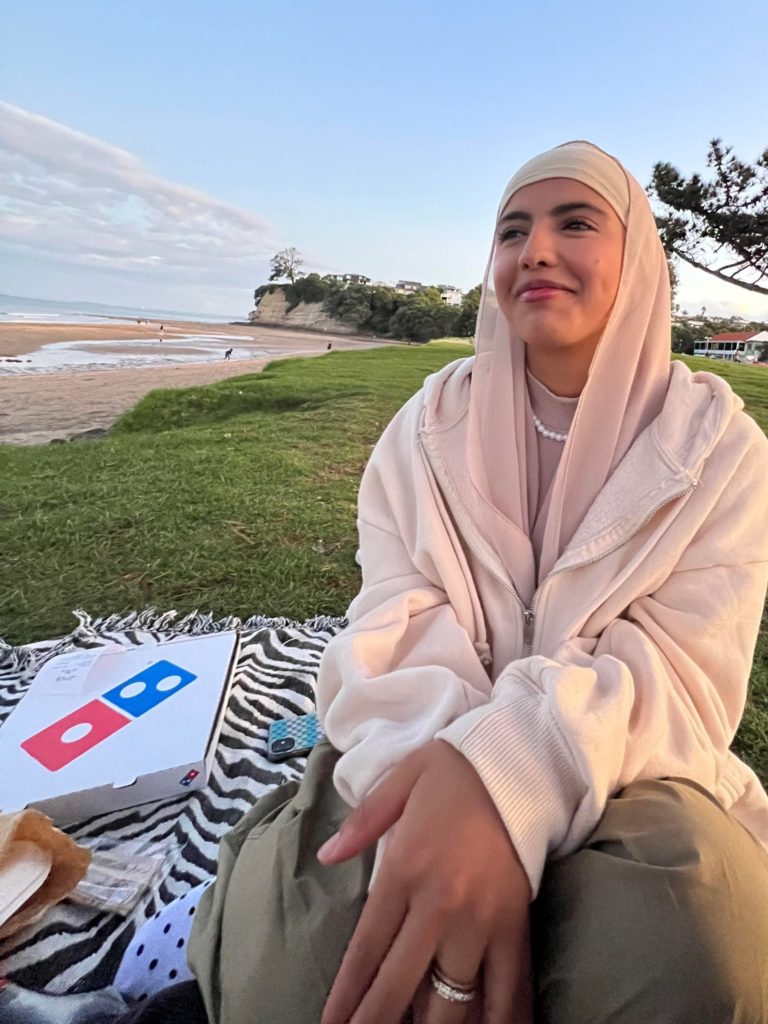
“I feel at home with Māori and PI [Pacific Islander] girls,” says Waila, “I kinda vibe with them.”
“I talk makeup. She talks boys,” Waila laughs. “But really”, she says, “she catches me up on everything important that’s happening with ‘Pera and our girlfriends in Ōtara. I’m connected. I don’t miss out.”
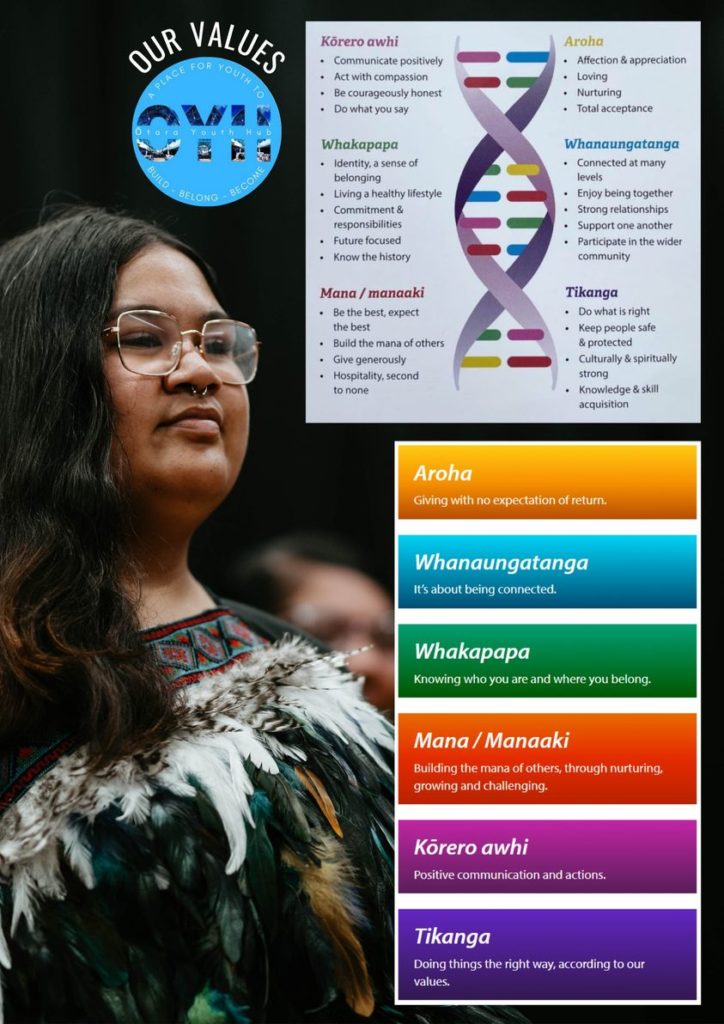
“Waila and I trust each other,” says Ihapera. “We go through the same struggles. Different story. Same pain.”
Cross-cultural friendship blooms in Ōtara
Waila met Ihapera and another friend, Tylae Bates, at an event to introduce newly arrived young Afghan refugee girls to Māori rangatahi and their culture. It was organised by Ōtara community leader and E Tū Whānau kaimahi, Swanie Nelson, and Fahima Saied, New Settlers Family and Community Trust (NFACT) Manager, and E Tū Whānau kahukura.
Ihapera came along to demonstrate kapa haka and poi.
Waila, who came to Aotearoa as a child, said that her heart sank when she saw the newcomers hitting each other playfully with poi. They couldn’t understand what was being said in English and had no idea of the cultural significance, and Waila was too shy to say anything.
Then Tylae broke the ice and started chatting with her. Ihapera joined in and before long they were way beyond cultural misunderstandings. “I don’t even remember it being a thing,” Ihapera recalls. They were talking about makeup, music, growing up in Ōtara and all the things they had in common.
“I feel at home with Māori and PI [Pacific Islander] girls,” says Waila, “I kinda vibe with them.”
Ihapera says their cross-cultural friendship has a lot to do with their backstory as Ōtara girls. They didn’t know each other as schoolgirls but as young adults they’re now part of the dynamic, multifaceted community around the Ōtara Youth Hub.
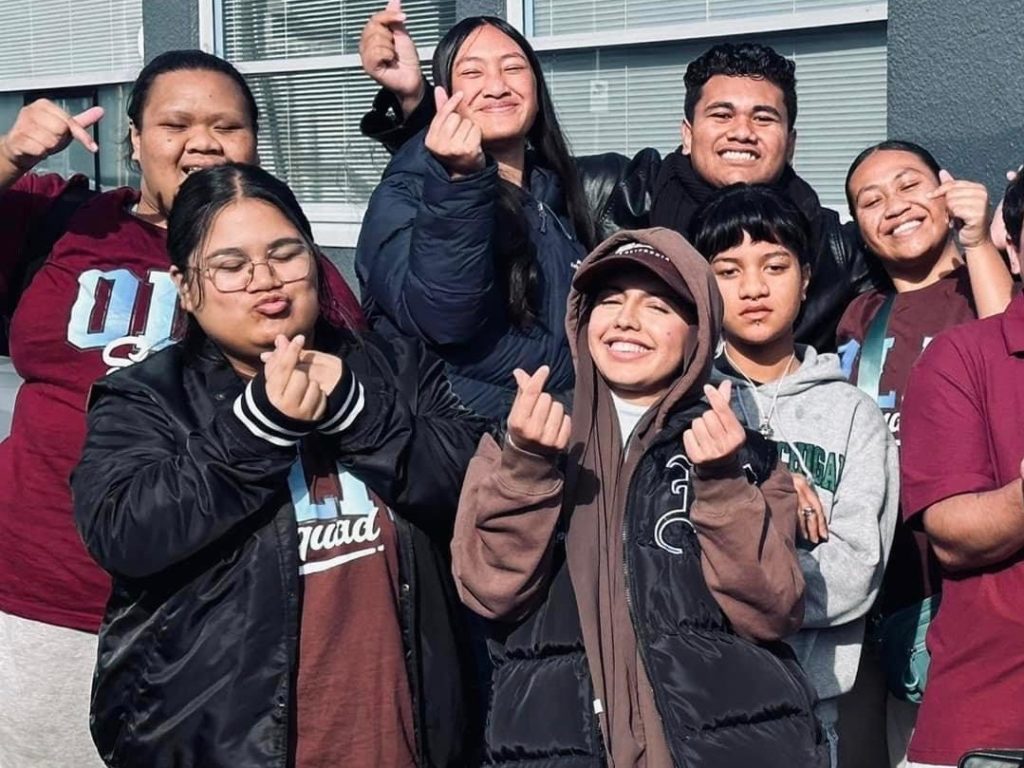
The backstory
After high school, Ihapera struck out on her own, but she couldn’t resist the call of home. On her return, Swanie mentored her into running “Māori Activations”. Ihapera and other rangatahi took their energy and sense of fun into the streets of Ōtara to enrich the lives of passers-by with spontaneous poi and kapa haka performances and a bit of karaoke. The locals loved it and Ihapera developed a strong grounding in Māori cultural mahi.
She now works with Ōtara Pataka Kai, a community food sharing kaupapa used by more than 200 local whānau who swap, donate, and share fresh and non-perishable items of kai with whoever needs them.
Waila, meanwhile, has faced – and overcome – challenges of her own. She’d always dreamt of being a doctor but had to drop out of school in Year 12 after a death in her family. However, she never lost her determination to work in the health sector. As soon as she was able, she went back to school to achieve the grades needed to get into university.
“My grades weren’t good enough to be a doctor, so I decided on nursing and now I’m at Massey and loving it,” Waila says.
Ōtara girls – Friends forever
Ihapera is thoughtful about their separate paths and the things that brought them together.
“In our different ways Waila and I tried to run away from everything, but we realised that Ōtara is home. That’s where we needed, and wanted, to be.”
Both girls talk of service and shared values, of believing in their community and working to strengthen it.
Ihapera goes to the Ōtara Youth Hub most days. It’s a good base for her Kai Village work and keeps her connected to the young people in her community. She’s still using karaoke to lift spirits and draw whānau into the hub. Most days she sets a speaker up outside and sings.
“Karaoke brings young people into the hub and out of their shell. They come in and have fun.”
Waila isn’t as obsessed with music as her mates but when it comes to karaoke at Ōtara Youth Hub, she’s all in.
“As a young hijab wearing Muslim woman, I feel absolutely comfortable at OYH.”
Waila Michan Khel
Ihapera jumps in to say that everyone benefits by embracing people from different communities and forming cross-cultural friendships.
“You get different perspectives on everything in life. It helps to deal with the bullying that happens within any culture. Youth can discriminate because they don’t know rangatahi from other cultures. They just don’t have the knowledge.
It points to the unity that’s needed between us all no matter what our culture and it’s got to start with us youth.”
Ihapera Waru-Martin
Want more?
Learn more about the inclusion of former refugees and migrants in the E Tū Whānau kaupapa
Read how Trusted relationships support Afghan refugees to put down roots
Read how the New Zealand Afghan community and E Tū Whānau supported Kabul evacuees
Learn about the E Tū Whānau journey which began at the Hopuhopu Summit opened by King Tuheitia in 2008.

